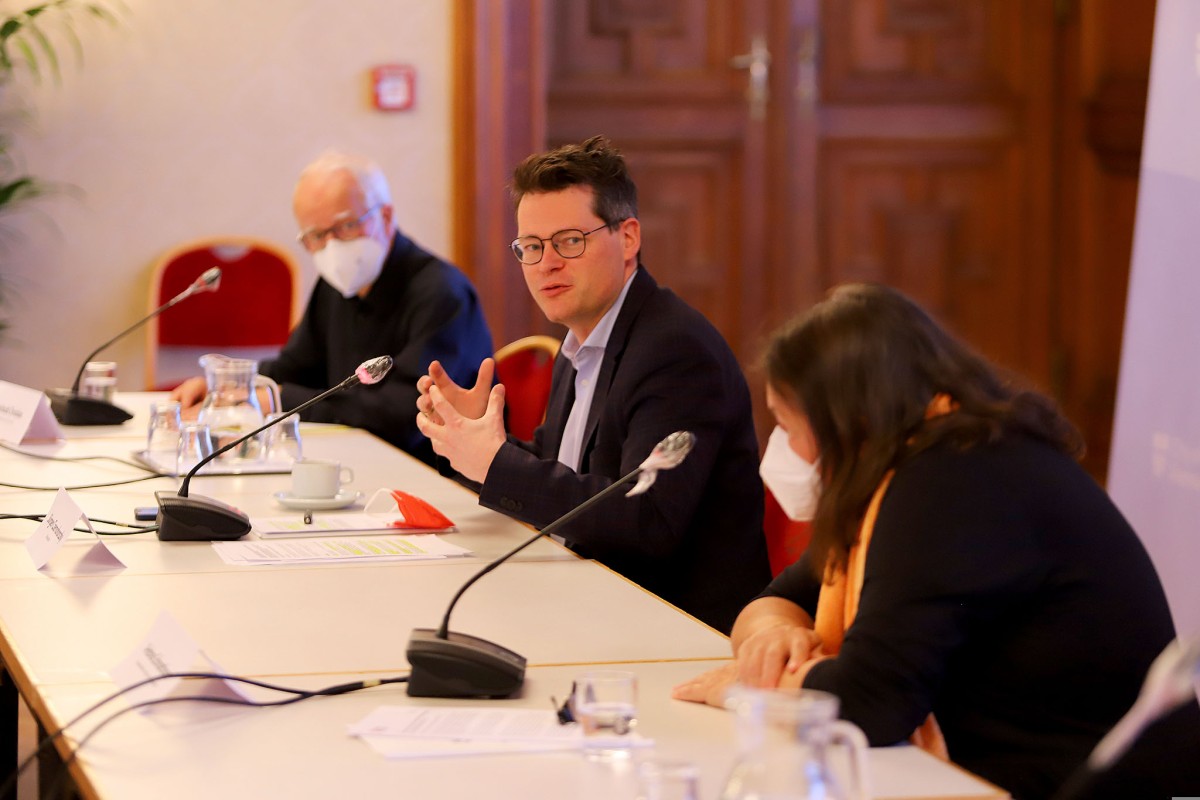Sponsored Content
City of Vienna Warns of Nuclear Renaissance and Small Modular Reactors in Europe
In a recent statement, Vienna City Councillor for Climate Action Jürgen Czernohorszky, who is also Chairman of the Cities for Nuclear Free Europe (CNFE) initiative, is critical of Sweden's nuclear power plans, the situation, and the development of Small Modular Reactors in Europe.
 Jürgen Czernohorszky, Vienna's Climate City Councillor and Chairman of Cities for Nuclear Free Europe (CNFE), is concerned about the Swedish government's plans to build two new reactors by 2035. / Picture: © PID / Votava
Jürgen Czernohorszky, Vienna's Climate City Councillor and Chairman of Cities for Nuclear Free Europe (CNFE), is concerned about the Swedish government's plans to build two new reactors by 2035. / Picture: © PID / Votava
The Swedish government has announced its intention to build two new reactors by 2035, with further units in the future. Vienna's Climate City Councilor and Chairman of Cities for Nuclear Free Europe (CNFE), Jürgen Czernohorszky, is concerned about this development in Sweden.
Czernohorszky considers a nuclear renaissance in Europe to be "absolutely unrealistic" and emphasizes…
or Log In
Fast News Search





